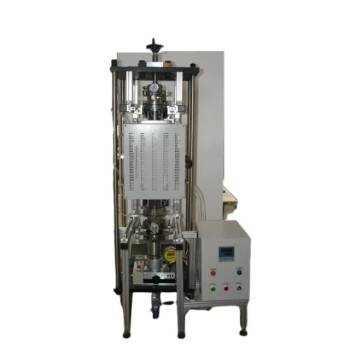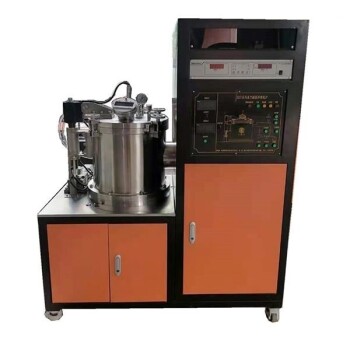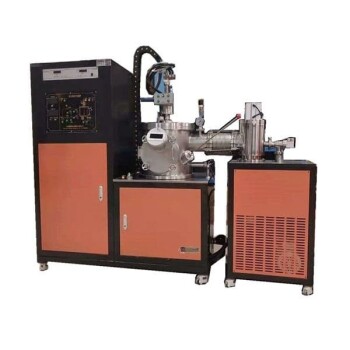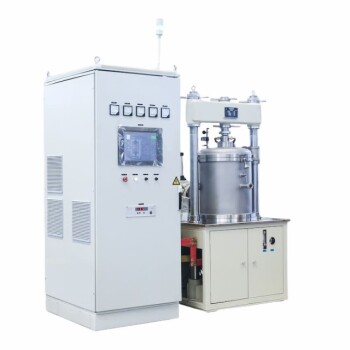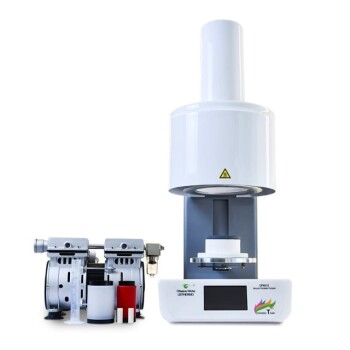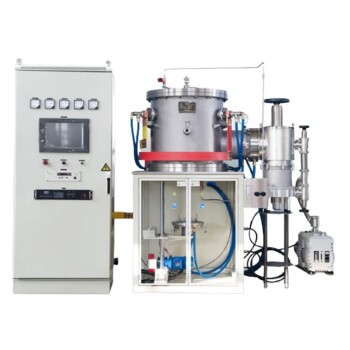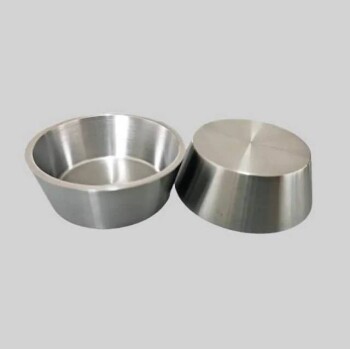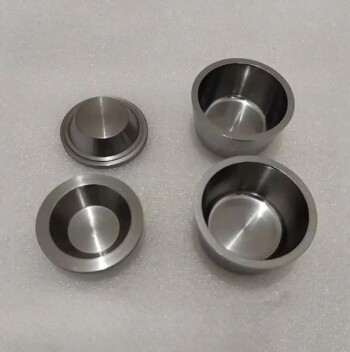The operating range of a diffusion pump typically spans from 10^-2 to 10^-10 torr, making it suitable for high-vacuum applications. Diffusion pumps are widely used in industries such as electron-beam microscopy, vacuum deposition, coatings, and vacuum furnaces due to their durability, reliability, and lack of moving parts. The performance of a diffusion pump depends on factors like the type of gas being pumped and the quality of the oil used. Selecting the right oil is critical, as it must match the required vacuum level to ensure optimal performance and cost-effectiveness.
Key Points Explained:

-
Operating Range of Diffusion Pumps (10^-2 to 10^-10 torr)
- Diffusion pumps are designed to achieve high vacuum levels, typically ranging from 10^-2 to 10^-10 torr.
- This range makes them ideal for applications requiring high vacuum, such as electron-beam microscopy, vacuum deposition, and vacuum furnaces.
- The absence of moving parts contributes to their durability and reliability, ensuring consistent performance over time.
-
Factors Affecting Pump Performance
- Gas Composition: The efficiency of a diffusion pump depends on the chemical composition of the gas being pumped. Different gases interact differently with the pump's mechanism, affecting performance.
- Pump Type: Momentum transfer and entrapment pumps, for example, may be more effective for specific gases. Understanding the gas type is essential for selecting the right pump for the application.
-
Importance of Oil Selection
- The oil used in a diffusion pump plays a critical role in its performance. High-quality oil ensures maximum efficiency and minimizes maintenance requirements.
- The oil must be matched to the required vacuum level. Using oil rated for a lower pressure than needed can increase operational costs without providing additional benefits.
- Proper oil selection also extends the pump's lifespan and reduces downtime.
-
Applications of Diffusion Pumps
- Diffusion pumps are widely used in industries that require high vacuum levels, such as:
- Electron-beam microscopy: Achieving high vacuum is essential for accurate imaging.
- Vacuum deposition and coatings: High vacuum ensures precise and uniform application of materials.
- Vacuum furnaces: High vacuum levels are necessary for controlled thermal processes.
- Diffusion pumps are widely used in industries that require high vacuum levels, such as:
-
Advantages of Diffusion Pumps
- Durability: The lack of moving parts reduces wear and tear, making diffusion pumps highly durable.
- Reliability: Their simple design ensures consistent performance over extended periods.
- Versatility: They can handle a wide range of vacuum levels, making them suitable for diverse applications.
-
Considerations for Purchasers
- When selecting a diffusion pump, consider the following:
- Required Vacuum Level: Ensure the pump's operating range matches the application's needs.
- Gas Type: Choose a pump optimized for the specific gases in your process.
- Oil Quality: Invest in high-quality oil to maximize performance and minimize long-term costs.
- Maintenance Requirements: Evaluate the ease of maintenance and the availability of replacement parts.
- When selecting a diffusion pump, consider the following:
By understanding these key points, purchasers can make informed decisions when selecting and operating diffusion pumps, ensuring optimal performance and cost-effectiveness for their specific applications.
Summary Table:
| Key Aspect | Details |
|---|---|
| Operating Range | 10^-2 to 10^-10 torr |
| Applications | Electron-beam microscopy, vacuum deposition, coatings, vacuum furnaces |
| Performance Factors | Gas composition, pump type, oil quality |
| Advantages | Durability, reliability, versatility |
| Considerations for Buyers | Vacuum level, gas type, oil quality, maintenance requirements |
Need a diffusion pump for your high-vacuum application? Contact our experts today to find the perfect solution!







